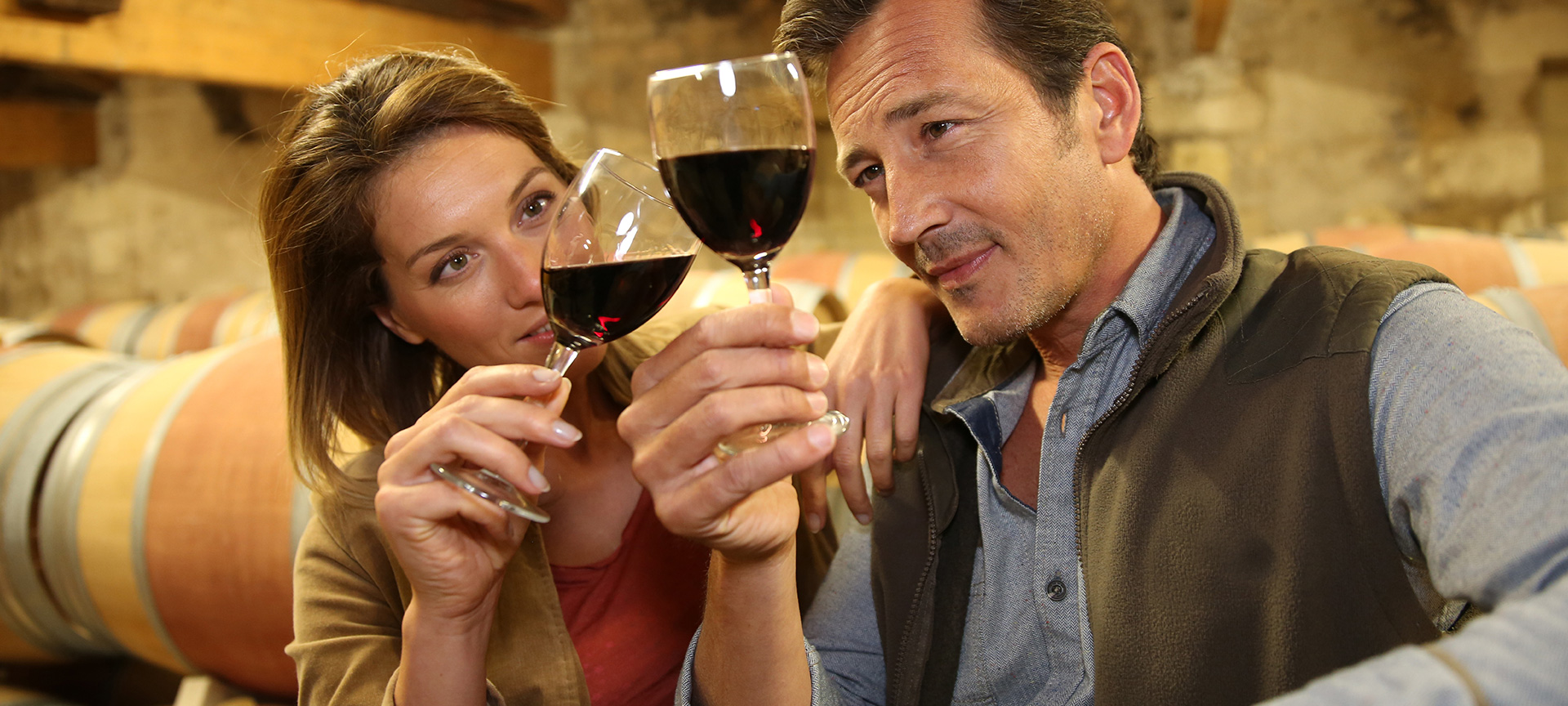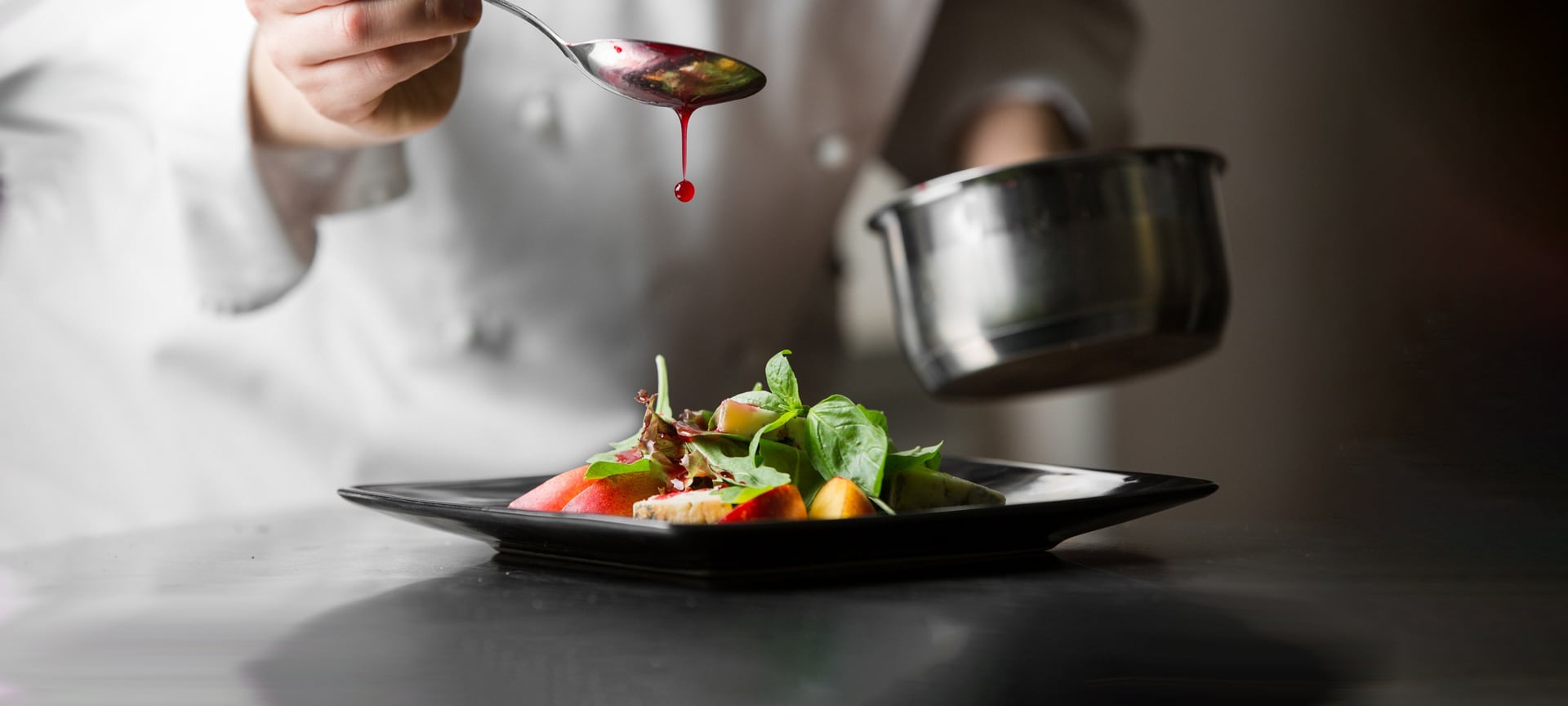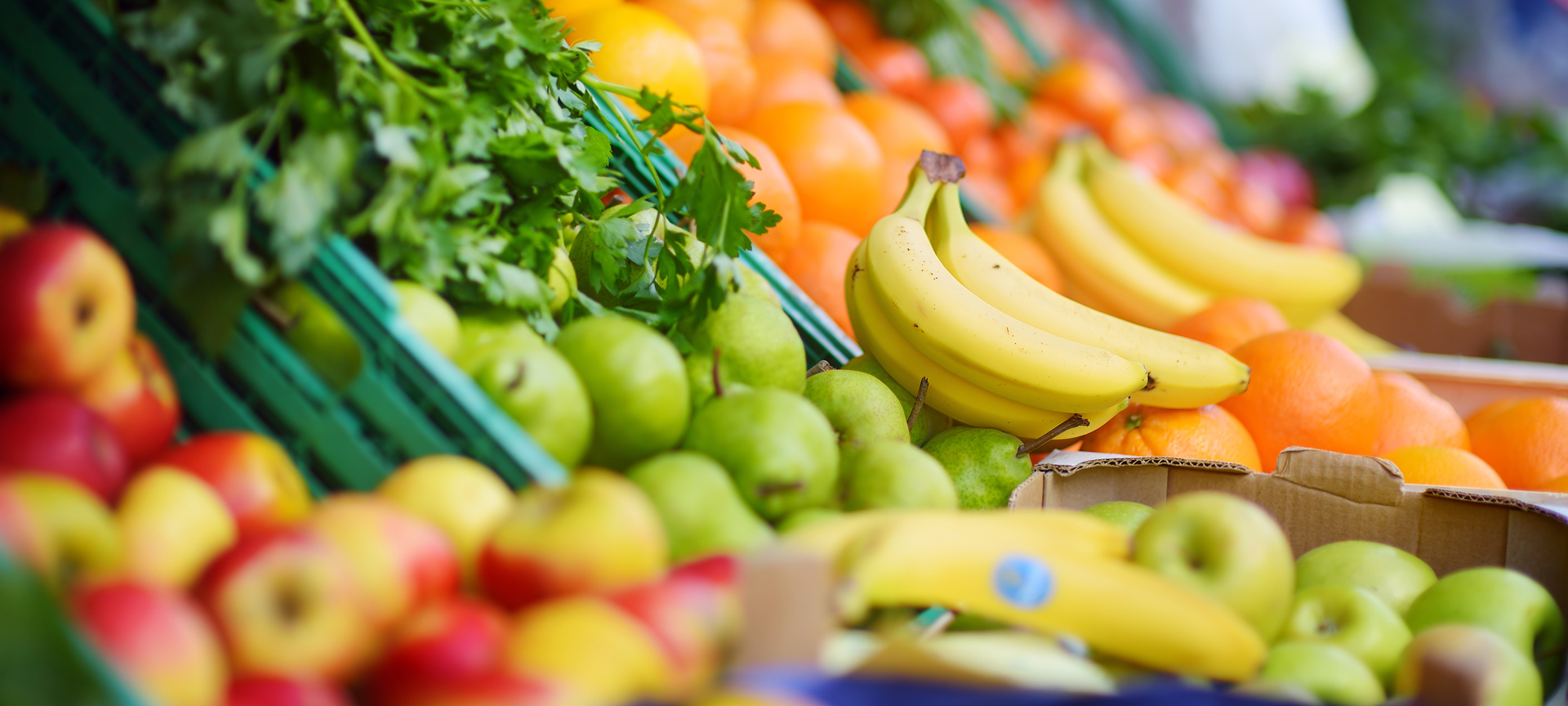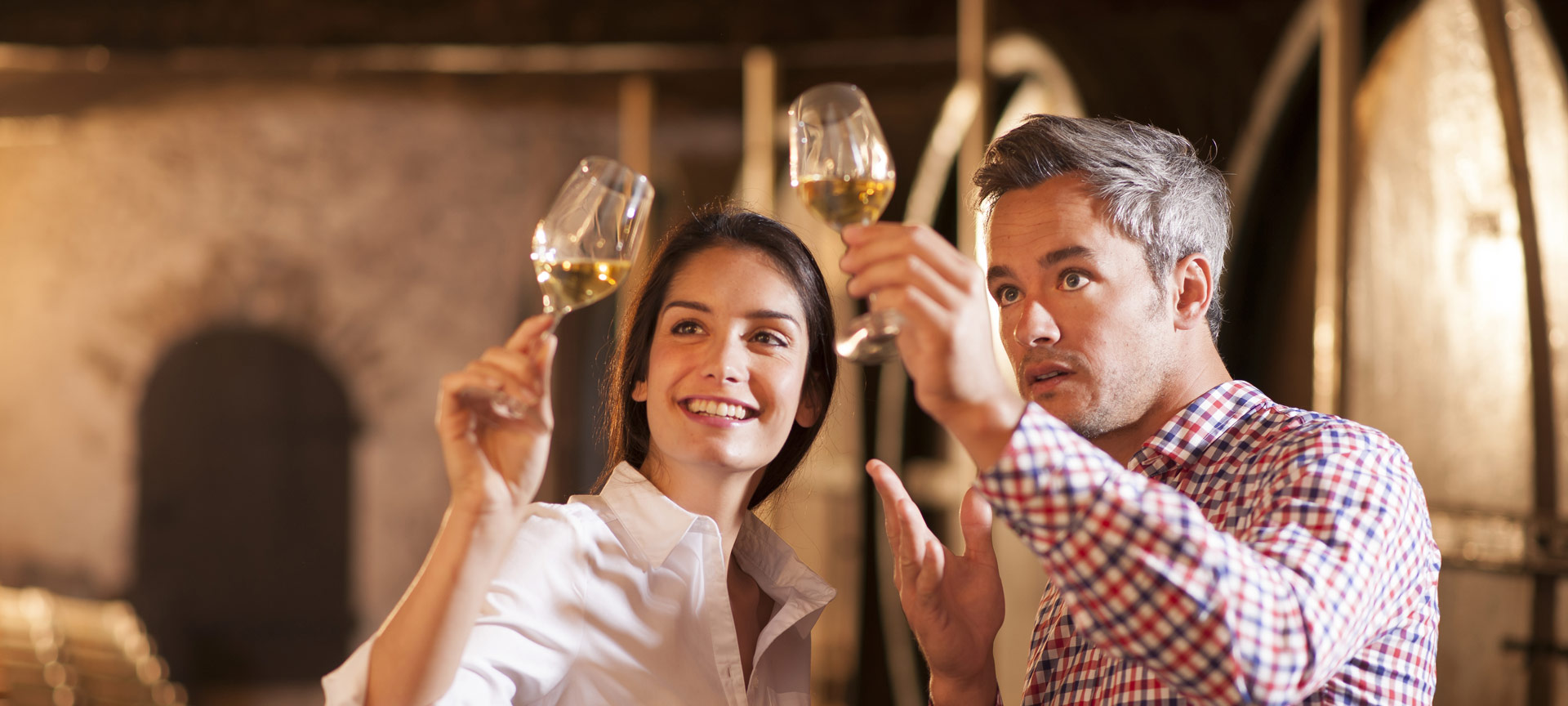Spain's wineries and olive oil mills enjoy great prestige throughout the world for the quality of their wines and olive oils. Growing recognition thanks to best practices, focusing on environmental respect, sustainability and making the local economy more dynamic, starting from growing vines and olives to the manufacturing of products and their direct supply at the consumer.Companies and cooperatives from both sectors have made a firm commitment to organic farming, the incorporation of renewable energy, waste reduction and reuse, as well as optimising water use and protecting biodiversity. Spain has become a benchmark in responsible wine production and the world's finest olive oil.Sustainable wine tourism and oil tourism allows visitors to taste nice wines and oils, while they learn how these are made, raising their awareness on the importance of protecting the natural environment.
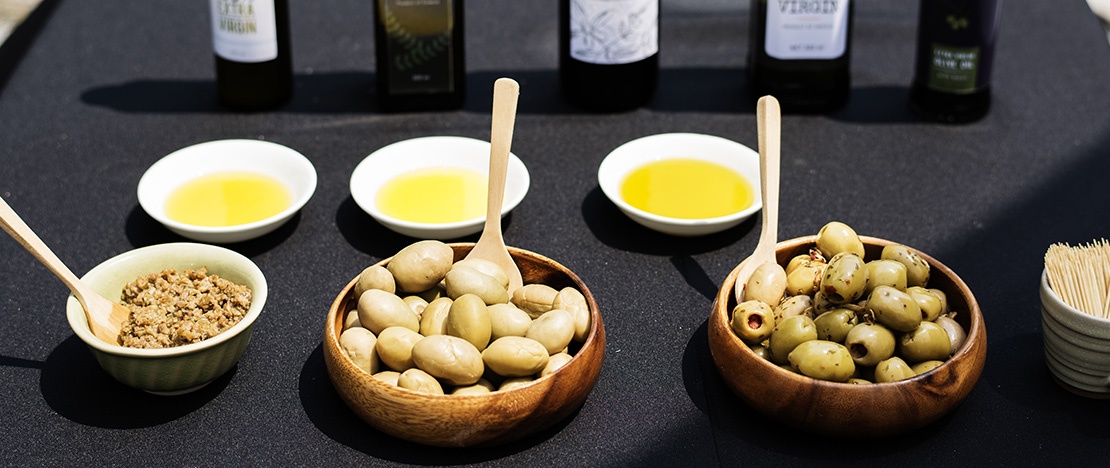
Oil mills: Modernity and respect for the environment
Jaén is one of Spain's main olive oil production regions. From Oleotur Jaén, or through initiatives, like Oleícola San Francisco and Fundación del Olivar will take visitors to its olive oil mills with guided tours and tastings, led by the top experts. Terra Oleum Museum is a visitor centre that focuses on olive oil from an educational point of view, with different learning activities for professionals and visitors. Another option related to oil tourism are the so-called oil spas, establishments that offer a combination of medicinal waters and oil treatments, such as San Andrés Spa. In the heart of the Sierra de Alcaraz (), Agropecuaria Ecológica AESA offers guided tours of its facilities with extra virgin olive oil tastings. Also in Castile-La Mancha, at Finca Luz de Alba you can learn about the different uses of organic olive oil, not only for health, but also for aesthetics and body care. Close to 60 companies and entities are participating in the Extremadura Oil Route, an initiative that brings together olive oil mills, restaurants, accommodation, museums and visitor centres, with the aim of highlighting the culture of olive oil and its gastronomic possibilities.
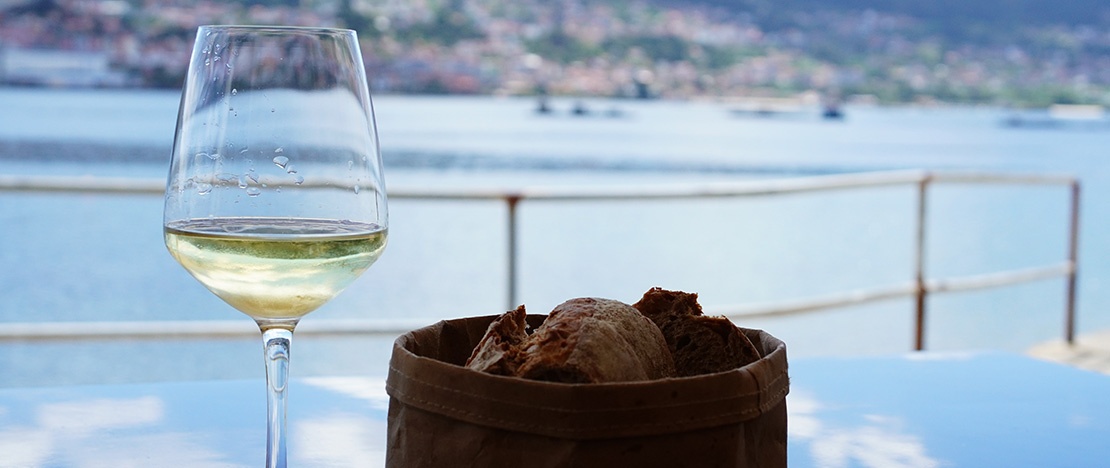
Sustainable viticulture and wine routes
Spain offers fascinating routes to explore wine culture in all its forms and how it contributes to biodiversity, within the framework of the 2030 Agenda and the United Nations Sustainable Development Goals (SDGs).Numerous wineries in Galicia contribute their expertise in the production of Albariño white wine. In addition, the D.O. Rías Baixas offers an activity that combines wine tourism with sport. This is the Rías Baixas Viño Route, with which you can cycle along paths around vineyards and wineries in beautiful towns such as Condado de Tea, O Rosal or Val do Salnés.If you travel to the south of the province of Córdoba you can discover the Montilla-Moriles Wine Route, birthplace of the renowned Pedro Ximénez wine. Wine tastings in wineries, a tour of taverns, a tourist train that crosses the vineyards, miller's breakfasts (traditional Andalusian breakfast in the same area where the oil is harvested) and meals in oil mills, as well as guided tours of castles and the Roman Cisterns of Monturque is part of what awaits you. This route combines the passion for wine, customs and nature.
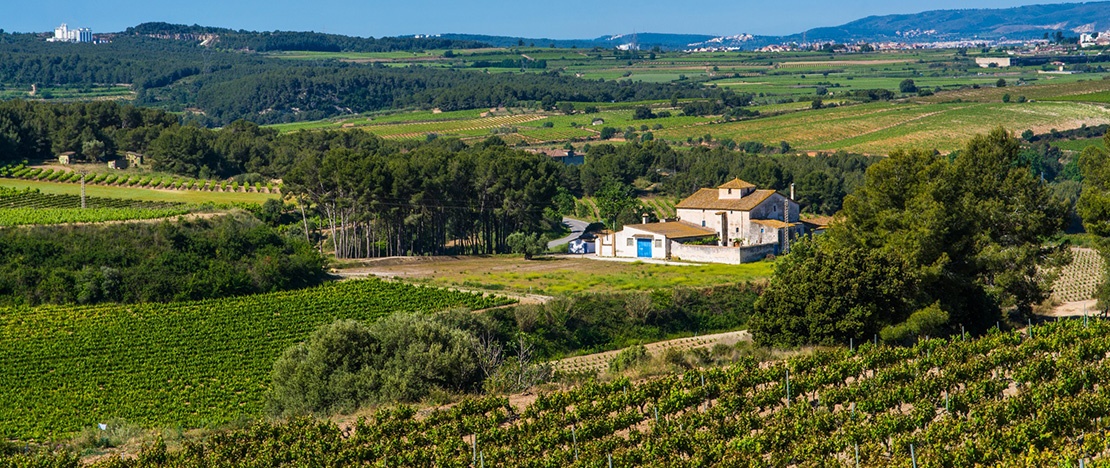
Combined routes to wineries and oil mills
In Spain, wine and olive oil have always been linked. That's why there are also activities that combine both worlds. One of the best examples is Somontano Route, in Aragón. It offers experiences such as walking through the Buera Olive Forest, visiting the oil mills in Buera and Salas Bajas, taking the Somontano wine bus or the so-called “Tastings with a View” of the D.O. Somontano.Likewise, and thanks to the Sumarroca Experience in Penedés, Catalonia, you can enjoy two of the most traditional products of Mediterranean gastronomy. You'll learn how certified organic cavas and wines are made and enjoy tasting different types of oil accompanied by an appetizer.Another proposal is the project Ekoplanes which proposes different ecological initiatives in Tafalla and in Olite (Navarre): from a visit to Pitillas lagoon, observing the work of restoring and enhancing the traditional olive grove or taking the “We Live Wine” route, just eight minutes from Olite Castle.
